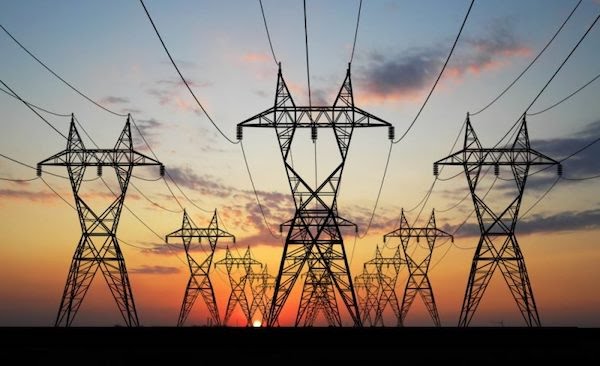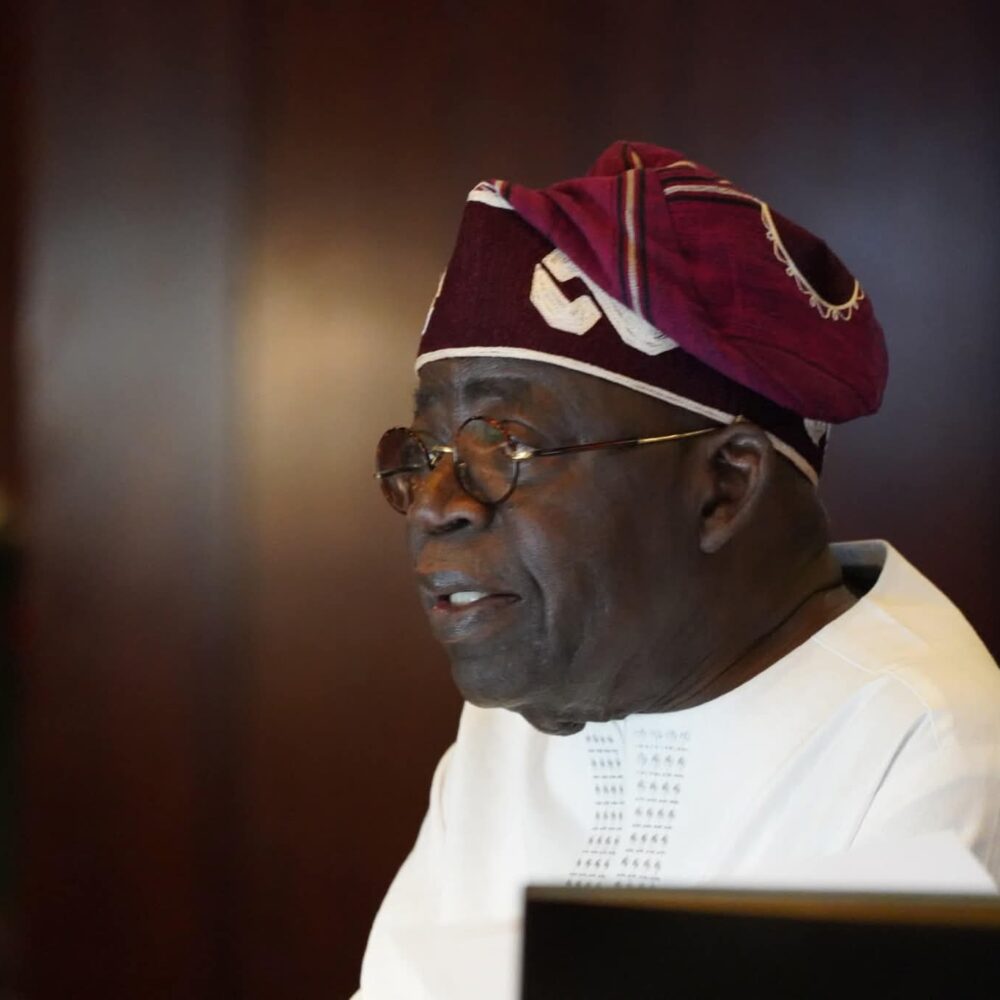The Nigerian Electricity Regulatory Commission (NERC) has confirmed that four state governments—Enugu, Ekiti, Ondo, and Imo—are set to independently manage electricity generation, transmission, and distribution within their jurisdictions. This development mark a significant step in Nigeria’s efforts to decentralize its power sector and improve electricity supply across the nation.
The transition followed the provisions of the Electricity Act (EA) 2023, which empowers states to establish and regulate intrastate electricity markets. According to NERC, six additional states—Oyo, Edo, Kogi, Lagos, Ogun, and Niger—are in the process of acquiring similar regulatory autonomy.
NERC’s statement via a post on X outlined the progress: “As of January 10, 2025, NERC has commenced the transfer of regulatory oversight to 10 states. The transfers have been completed for Enugu, Ekiti, Ondo, and Imo, while the process is ongoing for Oyo, Edo, Kogi, Lagos, Ogun, and Niger.”
The EA 2023 mandated that states notify NERC and meet specific conditions to assume control over their electricity markets. This decentralization aimed to address the longstanding challenges in Nigeria’s power sector, where inefficiencies in generation, transmission, and distribution have led to frequent power outages and inadequate supply.
Nigeria’s current power generation capacity stands at approximately 5,313MW, a three-year high, yet still below the installed capacity of 12,522MW. The government’s initiatives, including the National Integrated Power Project (NIPP) and the Power Sector Recovery Program (PSRP), continue to aim for improvements, with a target of 30% renewable energy by 2030.
As these states take on the responsibility of managing their electricity markets, the hope is that localized control will lead to more efficient and reliable power supply, fostering economic growth and improving the quality of life for millions of Nigerians.





